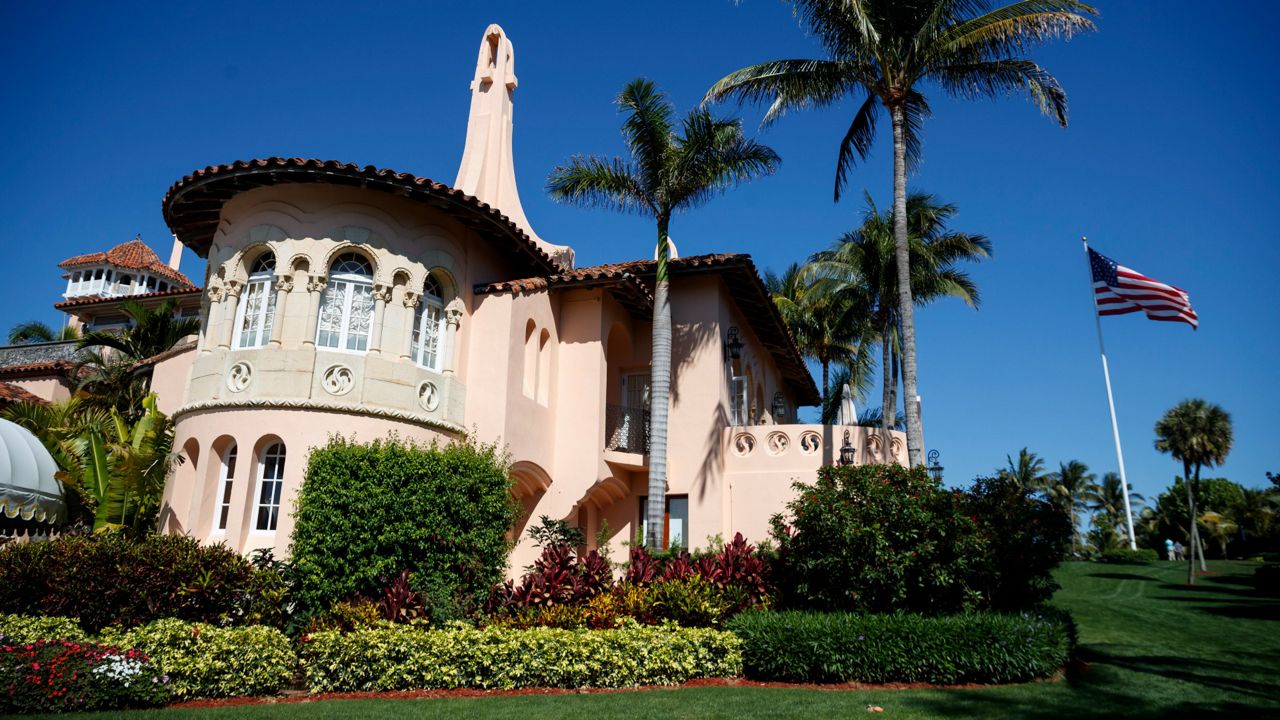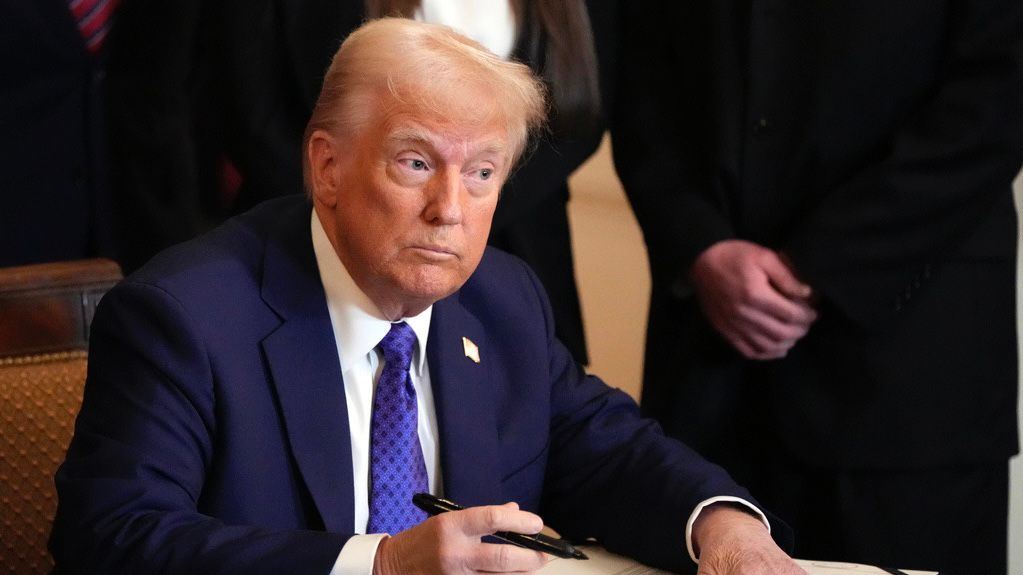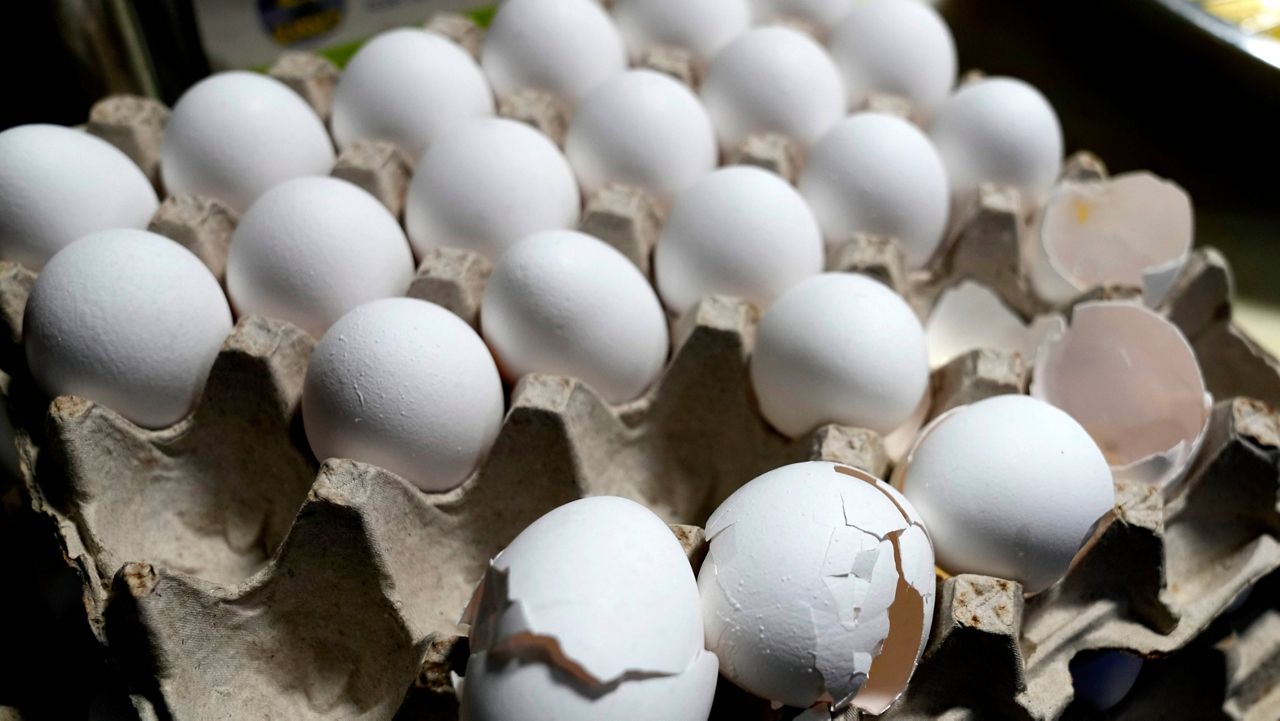A federal judge in Florida on Monday granted Donald Trump’s request to appoint a special master in the FBI investigation that led to government documents being seized from the former president’s Mar-a-Lago estate.
What You Need To Know
- A federal judge in Florida on Monday granted Donald Trump’s request to appoint a special master in the FBI investigation that led to government documents being seized from the former president’s Mar-a-Lago estate
- An Aug. 8 search by the FBI uncovered more than 100 classified documents stored at the private club, including some marked top secret, the Justice Department said
- A special master is an independent third party appointed by a judge to review material that is outside the scope of a search warrant or could be protected by attorney-client privilege
- What’s unusual about Monday’s ruling by U.S. District Judge Aileen Cannon is that the special master also will be tasked with reviewing documents potentially covered by executive privilege, which allows a president to withhold documents or information from Congress and the courts
An Aug. 8 search by the FBI uncovered more than 100 classified documents stored at the private club, including some marked top secret, the Justice Department said. The FBI also found more than four dozen empty folders labeled classified, the DOJ said.
The discoveries came after months of attempts by the National Archives and Justice Department to retrieve government papers from Trump. In January, Trump returned 15 boxes of documents, which included 167 classified, 25 top secret and some that had information about intelligence informants whose identities are typically protected.
According to the search warrant, federal law enforcement is investigating Trump for removal or destruction of records, obstruction of justice and violating the Espionage Act. Trump has publicly claimed he declassified all the documents that were seized.
Here is a closer look at the judge’s decision to appoint a special master in the case.
What is a special master?
A special master is an independent third party appointed by a judge to review material that is outside the scope of a search warrant or could be protected by attorney-client privilege, which shields communications between a person and their lawyer from investigators and prosecutors as long as they do not include evidence that a future crime will be committed.
Typically, a retired lawyer or judge is appointed to the role. The special master assists the judge, who makes all final rulings.
What’s unusual about Monday’s ruling by U.S. District Judge Aileen Cannon is that the special master also will be tasked with reviewing documents potentially covered by executive privilege, which allows a president to withhold documents or information, especially internal communications, from Congress and the courts. The power is rooted in the belief that, in order to effectively do their jobs, presidents need to be able to openly communicate with their advisers without fear of future disclosures.
What will the special master do?
The special master in the Trump case will sift through more than 11,000 documents seized by the FBI in the Mar-a-Lago search and determine which ones should be covered by attorney-client and executive privilege.
The special master is likely to issue a report to the judge with recommendations, which attorneys on both sides would be able to make their cases for or against.
Federal prosecutors would be unable to use any documents deemed privileged to build their case.
Why did Trump want a special master?
Trump believes some of the documents seized from his home are protected by attorney-client and executive privilege and should be blocked from federal prosecutors.
Trump’s lawyers, meanwhile, argue the FBI search “involved political calculations aimed at diminishing the leading voice in the Republican Party, President Trump,” suggesting they don’t trust federal officials not involved in the case to sift through the materials themselves.
Why did the Justice Department oppose it?
First of all, because Trump’s lawyers waited more than two weeks after the search to ask for a special master, the DOJ says it’s already conducted such a review, making, in their opinion, a special master unnecessary. In a court filing last week, the department said it used a separate “filter” team to look over the documents and block any privileged information from reaching the case’s primary investigators.
The DOJ said it identified only a “limited set” of seized materials that might be protected by attorney-client privilege. It said it planned to ask the judge who approved the warrant, Bruce Reinhart, to decide whether privilege applied to the documents.
The Justice Department has argued that allowing a special master to conduct an executive privilege review would be “unprecedented,” that the seized documents don’t belong to Trump and that, as a former president, Trump has no legal basis for asserting executive privilege.
The DOJ also argued that a special master would impede the FBI investigation, which it claims is urgent and time-sensitive.
What did the judge say?
Cannon, whom Trump appointed in 2020, ruled in favor of the former president, saying a special master will be appointed to review documents for both attorney-client and executive privilege.
She also temporarily blocked the FBI from using any of the documents taken from Mar-a-Lago in its investigation. Cannon, however, allowed to U.S. intelligence officials to proceed with their review of whether the files posed any threat to national security.
Cannon said her order to appoint a special master was “to ensure at least the appearance of fairness and integrity under the extraordinary circumstances.”
The judge added she was concerned Trump might suffer “reputational harm” from an improper search or future indictment based, even in part, on “property that ought to be returned.”
Cannon said in her order she was “not convinced” of the government’s claim that executive privilege did not apply to the case, adding that the Supreme Court had never settled the question of whether a former president could assert executive privilege against a current one. She said it made sense to set aside potentially privileged documents while any legal fight played out.
“Even if any assertion of executive privilege by plaintiff ultimately fails in this context, that possibility, even if likely, does not negate a former president’s ability to raise the privilege as an initial matter,” Cannon wrote.
The judge also rejected the DOJ’s argument that the records belong to the government.
Cannon also said the Justice Department filter team’s review twice missed materials that should have been identified as privileged, but she did not provide specifics.
Who might the special master be and how will they be selected?
Cannon ordered Trump’s legal team and the Justice Department to jointly submit a list of candidates by Friday. The judge will appoint the special master.
Different from most special masters, the Trump cases requires someone who has top security clearance and legal expertise.
How might Monday’s ruling impact the FBI investigation?
Because the FBI has been ordered to, for now, stop using the seized documents in its probe, Cannon’s ruling is no doubt disrupting the investigation.
There could be further delays if the special master decides some materials should be covered by privilege that the DOJ did not already identify in its own review. In addition, Cannon’s suggestion that Trump’s executive privilege claim is an unsettled legal matter could signal a protracted battle in the courts.
The Justice Department also could appeal Cannon’s ruling, sending the case to the U.S. Court of Appeals for the 11th Circuit in Atlanta. If it succeeded, the FBI probe could immediately resume.








